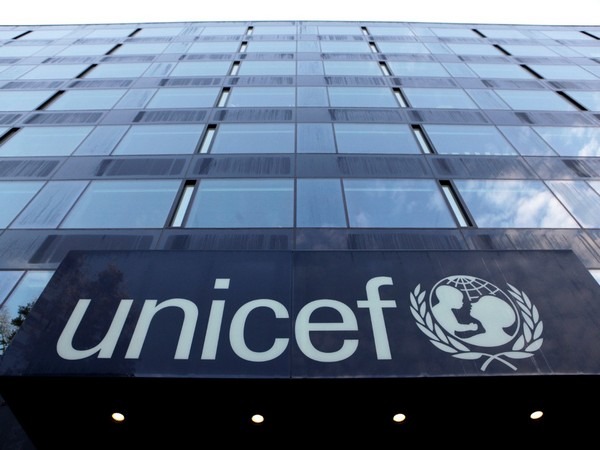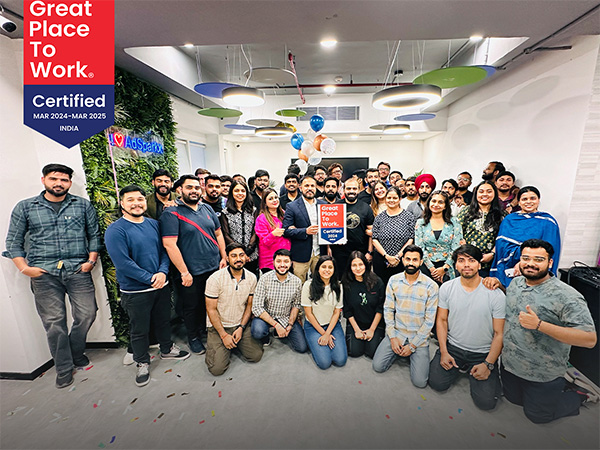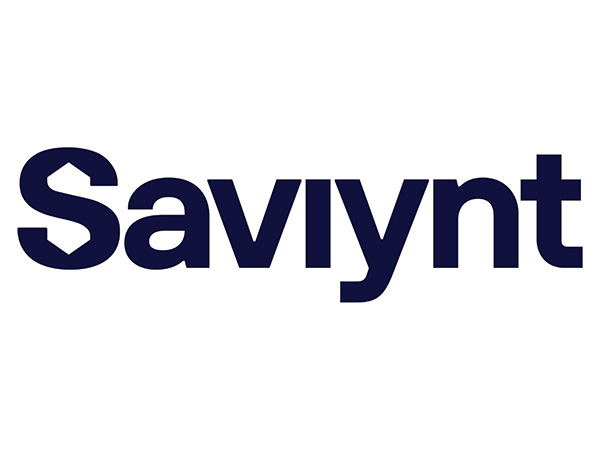UNICEF chief raises alarm about drinking water crisis for children in Gaza
Dec 21, 2023
United Nations, December 21: The head of the UN Children's Fund (UNICEF) on Wednesday issued a dire warning that the absence of safe drinking water in Gaza could lead to the tragic loss of "many more children" to disease.
"Access to sufficient amounts of clean water is a matter of life and death...children in Gaza have barely a drop to drink," said UNICEF Executive Director Catherine Russell. "Children and their families are having to use water from unsafe sources that are highly salinated or polluted. Without safe water, many more children will die from deprivation and disease in the coming days."
The humanitarian alert came after more than 10 weeks of near-constant bombardment of the enclave.
In a bid to escape the bombing which has heavily impacted the strip's water production, treatment and distribution networks, more than 1.4 million uprooted Gazans have sought shelter in or near facilities run by the UN agency for Palestinian refugees, UNRWA.
But UNICEF said that recently displaced children in southern Rafah governorate have only 1.5 to two liters of water every day, and that water services were "at the point of collapse."
"For survival alone, the estimated minimum is three liters per day," the UN agency said in a statement.
Alarming as the lack of drinking water is, "hundreds of thousands" of displaced people -- half of them children -- also remain "in desperate need" of food, shelter, medicines and protection, UNICEF stressed.
At least 50 percent of WASH facilities -- providing basic water and sanitation services -- have been damaged or destroyed in Gaza, as UNICEF warned that the impact of this situation on children was particularly worrying because they are more susceptible to diarrhea, disease and malnutrition.
"Already, officials have recorded almost 20 times the monthly average of reported cases of diarrhea among children under the age of five, in addition to increases of cases of scabies, lice, chicken pox, skin rashes and more than 160,000 cases of acute respiratory infection," UNICEF reported.
Since the start of the crisis, UNICEF and partners have provided fuel to operate wells, desalination plants, water trucking and waste and sewage management, along with bottled water and water containers for more than 1.3 million people.
More than 45,000 jerry cans have been distributed along with at least 130,000 family hygiene kits, including menstrual health and hygiene products and hundreds of thousands of bars of soap.
UNICEF underlined the need for generators to operate water and sanitation facilities, along with plastic pipes to fix broken plumbing. But these continue to be blocked from entering Gaza owing to "access restrictions."
"Constant bombing, restrictions on materials and fuel are preventing critical progress," UNICEF's Russell insisted in a tweet.
Source: Xinhua








